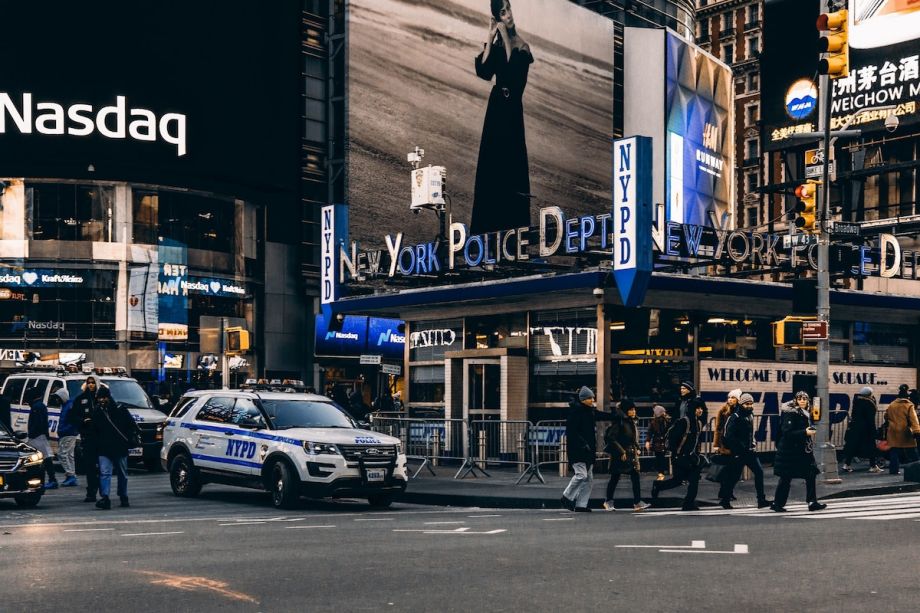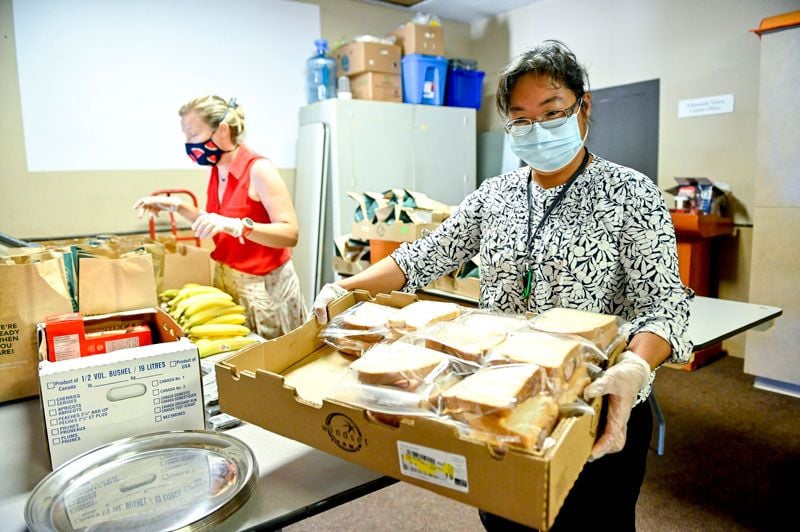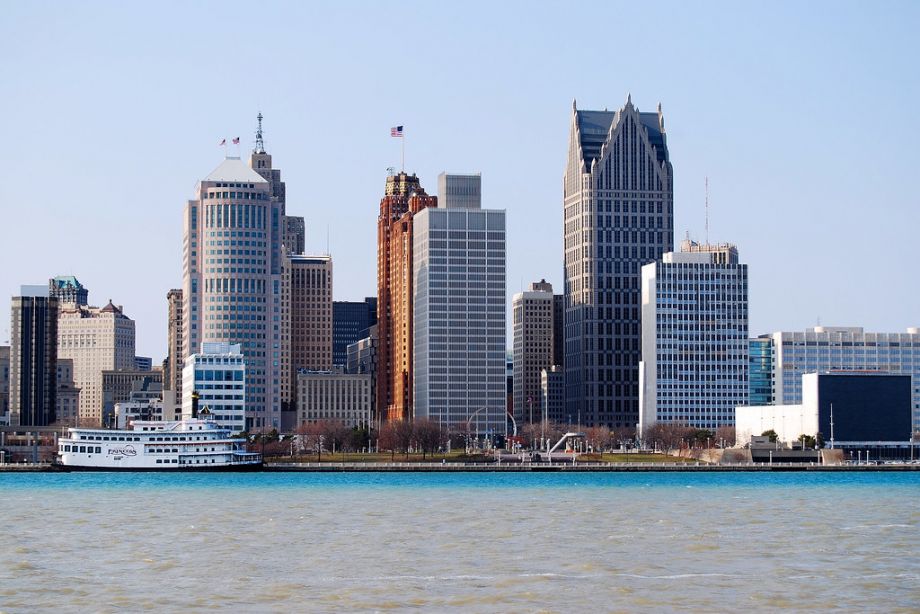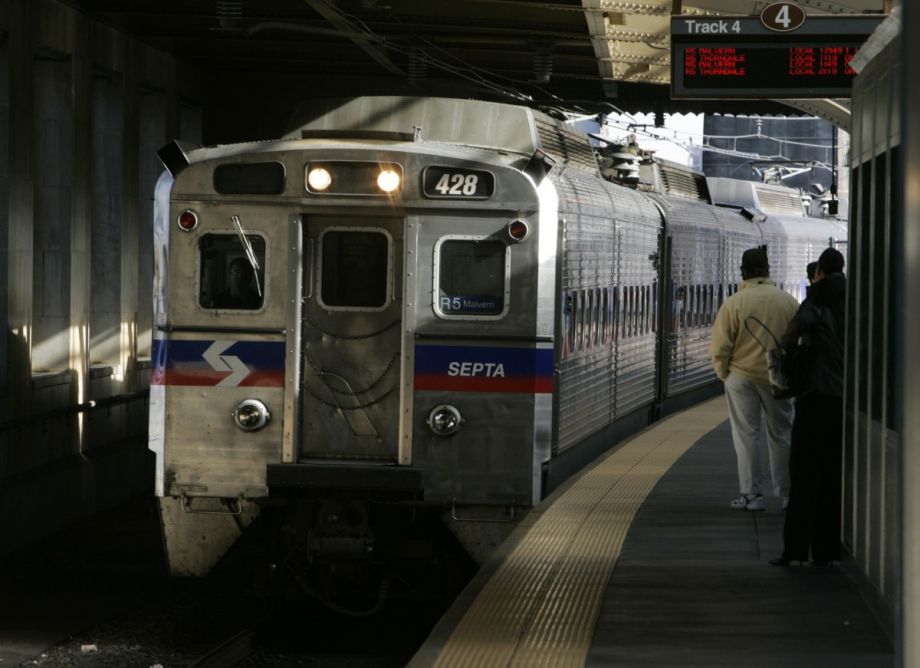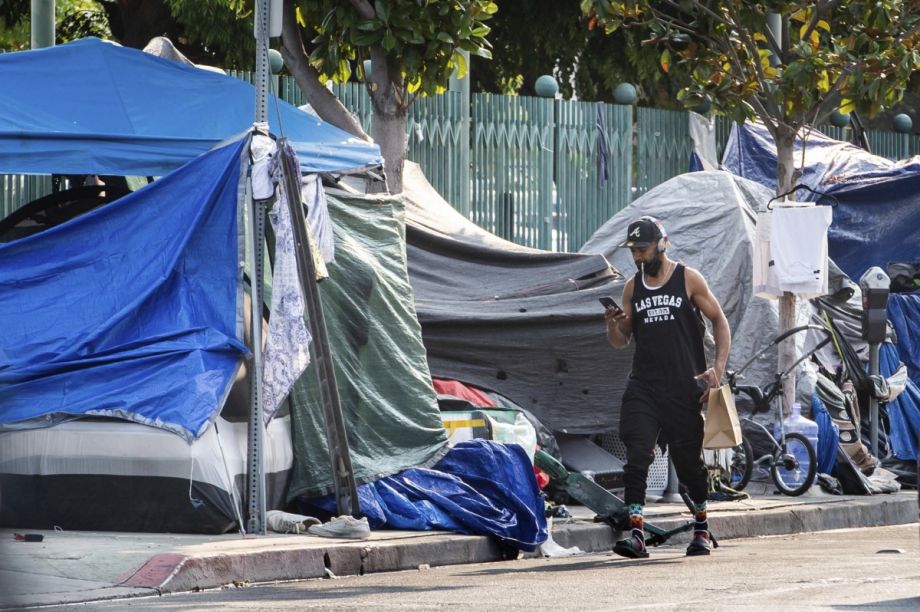

(Illustration by Getty Images)
Welcome back to The Weekly Wrap, our Friday roundup of stories that explain the problems oppressing people in cities and elevate the solutions that bring us closer to economic, environmental and social justice.
If you enjoy this newsletter, share it with a friend or colleague and tell them to subscribe.
Corporations Own More and More Residential Land, Study Says
Corporations now own 8.9% of residential land across 500 counties in the U.S., according to a new study by the Lincoln Institute of Land Policy and the Center for Geospatial Solutions.
The report notes that though corporations own about 1 in 11 residential parcels, or just less than 10%, that ownership is higher than 20% in some communities in Missouri, Virginia, St. Louis and more. This rate of ownership has increased significantly since 2001.
Communities that have higher rates of corporate ownership often see increases in rental prices throughout the country, researchers note, with rent hikes often happening at a faster rate as compared to smaller landlords. Company ownership also tends to increase the rate of eviction: The study found that these owners were two or three times more likely to evict tenants who missed rent. Small landlords were more likely to give a grace period and work with tenants.
With Right to Counsel Laws Growing, Law Schools Are Expanding Focus on Tenant Rights
A survey of 81 law schools across the country finds that 63% now offer a housing justice or tenants’ rights clinic, and 84% of clinics provide direct representation to tenants facing eviction, according to a new report from New York Law School’s Housing Justice Leadership Institute.
About 60% of these clinics were launched after 2017 – when New York City passed its first-in-the-nation Right to Counsel law, guaranteeing tenants a free attorney in housing court and creating a blueprint for 26 jurisdictions to adopt similar laws in the seven years since. Researchers say this shows more growth in this period than in the previous five decades combined.
About 64% of law schools surveyed also reported partnerships with legal service, tenant advocacy or housing policy organizations.
“Law schools are stepping up to meet a growing need, but the gap remains significant,” says report author Erica Braudy, coordinator of NYLS’s Housing Rights Clinic and deputy director of the Housing Unit at Manhattan Legal Services. “To truly sustain the Right to Counsel, we need every law school investing in clinics, paid internships, and career pathways that prepare students for housing justice work.”
Trump Administration Wants To Block SNAP in Blue States
The Trump administration is planning to block SNAP funding to Democratic-led states if they do not share information about the benefit recipients to the federal government, the Washington Post reports.
As of this week, 29 states and territories have sent the federal government that data, Agriculture Secretary Brooke Rollins said. However, Minnesota, New York, California and several other states have refused to do so. Some governments, like that of the District of Columbia, have sued the Department of Agriculture claiming that the request for data is unlawful.
The federal government claims that having data will help them stop fraud and waste, while critics argue that this is another tactic from the Trump administration to stop funding food assistance. The SNAP program is paid for in part by the federal government, and the other half of funding comes from individual states. But it’s still unclear if the White House has the authority to stop paying for the food assistance program.
Local Governments and Nonprofits Are Suing HUD Over Homelessness Grants
Eleven nonprofits and local governments sued the Department of Housing and Urban Development this week, arguing that the department illegally cancelled grants that aimed to tackle homelessness in the country, Smart Cities Dive reports.
Last month, HUD rescinded Continuum of Care grants that were already previously approved, and slashed permanent housing funds by two thirds. The governments and organizations that are recipients of these grants will now have to meet the Trump administration’s anti-DEI criteria, a move that the plaintiffs are calling unlawful.
These changes can displace up to 170,000 people throughout the country. The City of Boston, one of the plaintiffs in the lawsuit, stands to lose $29 million that was supposed to fund permanent supportive housing projects. This loss, caused by HUD’s decision, could leave more than 1,100 people homeless, city officials warn.
ICE Targets Somali Immigrants in the Twin Cities
Following Trump’s racist tirade against Minnesota’s Somali diaspora and announcement of plans to revoke their Temporary Protected Status, federal immigration authorities are targeting Minnesota’s Somali immigrants for an aggressive enforcement operation, Sahan Journal reports.
Newly re-elected Minneapolis Mayor Jacob Frey responded by signing an order this week banning federal and local agencies from using city-owned lots, ramps and garages for civil immigration operations.
Though it focuses on undocumented Somalis, others without a legal status are likely going to be affected as well, the New York Times reports. “They seem to be targeting anybody who looks to them to be a Somali person,” one immigration attorney in Minneapolis told Sahan Journal. An estimated 100 officers and agents have been brought into the region from around the U.S. to support this mass detention operation.
MORE NEWS
-
San Francisco is going to sue companies that sell ultraprocessed foods. The New York Times
-
Boston is experimenting with stacking homes on top of city libraries. The Christian Science Monitor
-
San Francisco supervisors pass rezoning plan, making way for taller, denser housing. KQED
-
NYC nonprofits are going to see even more federal funding cuts. Gothamist
-
Ulster County HomeShare program matches residents to spare rooms for affordable housing options. The River
-
Traffic congestion increased in many U.S. cities this year. Smart Cities Dive
-
New England is warming faster than any other region on earth. The Guardian
-
D.C. Council unanimously approves 11th Street Bridge Park land transfer. PoPville
-
Americans in rural communities will struggle to heat their homes this winter. Daily Yonder
-
Fresno gears up to close dozens of smoke shops after legal win. Fresnoland
OPPORTUNITIES & RESOURCES
-
The Philanthropic Impact Fund at Vanguard Charitable is accepting applications for grants from mission driven organizations focusing on AI integration, educating donors, and narratives around the nonprofit sector. Apply by Dec. 8.
-
City Thread Accelerated Mobility Playbook Technical Assistance Grant is open to applications from cities and community advocates looking to take transportation projects from concept to fruition. Apply by Dec. 31.
-
The Peace Development Fund is providing grants of $3,000 to $7,000 for community organizing projects in Mexico, the United States and Haiti. Apply by Jan. 31, 2026.
-
The Climate Smart Communities Initiative has launched a grants competition for funding and assistance to support community-based climate resilience in vulnerable communities. Apply by March 12, 2026.
-
The Sparkplug Foundation is offering grants to support early-stage programs that focus on music programs, community organizing and education. Apply by May 22, 2026.
-
The Draper Richards Kaplan is providing up to $300,000 in grant funding or investment capital over a three-year period to organizations that are working to tackle environmental justice issues. Apply on a rolling basis.
-
Check out Next City’s jobs board for new opportunities.
EVENTS
-
Dec. 1 to Dec 14 from 12 a.m. to 11:45 p.m. Eastern: Join Next City for the ‘Place & Power’ film series on housing and collective action. Learn more about the experiences behind our housing crisis and what housing justice can look like in the U.S.
-
Dec. 10 at 1 p.m. Eastern: Urban Institute is holding a virtual workshop on how local leaders can use data to inform strategic priorities in their community.
-
Check out events from Next City and our partners here.
This article is part of The Weekly Wrap, a newsletter rounding up stories that explain the problems oppressing people in cities and elevate the solutions bringing us closer to economic, environmental and social justice. Click here to subscribe to The Weekly Wrap newsletter.
This post was originally published on Next City.

